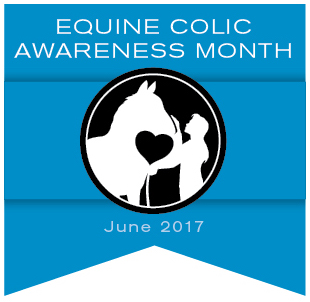
You come out to the barn to find your normally playful, inquisitive horse standing with his head in the corner, ignoring you. Or, perhaps your horse is pawing and turning around to look at his belly or, worse, thrashing and rolling around in his box. You’re 99 percent sure it’s colic (that is, pain in the horse’s abdomen), so you call the vet. But now what? First, Make Your Horse Comfortable Unfortunately, [ Read More ]






